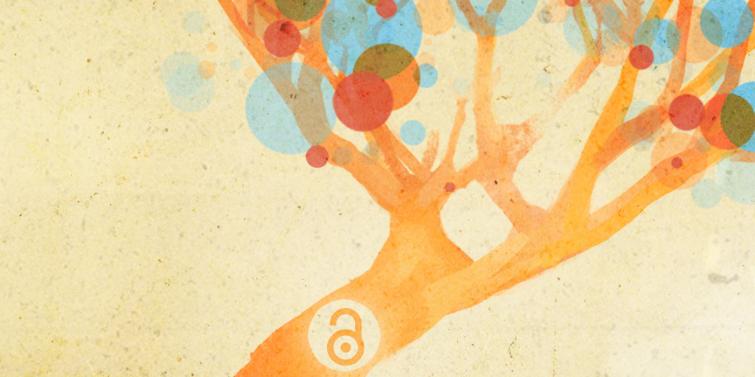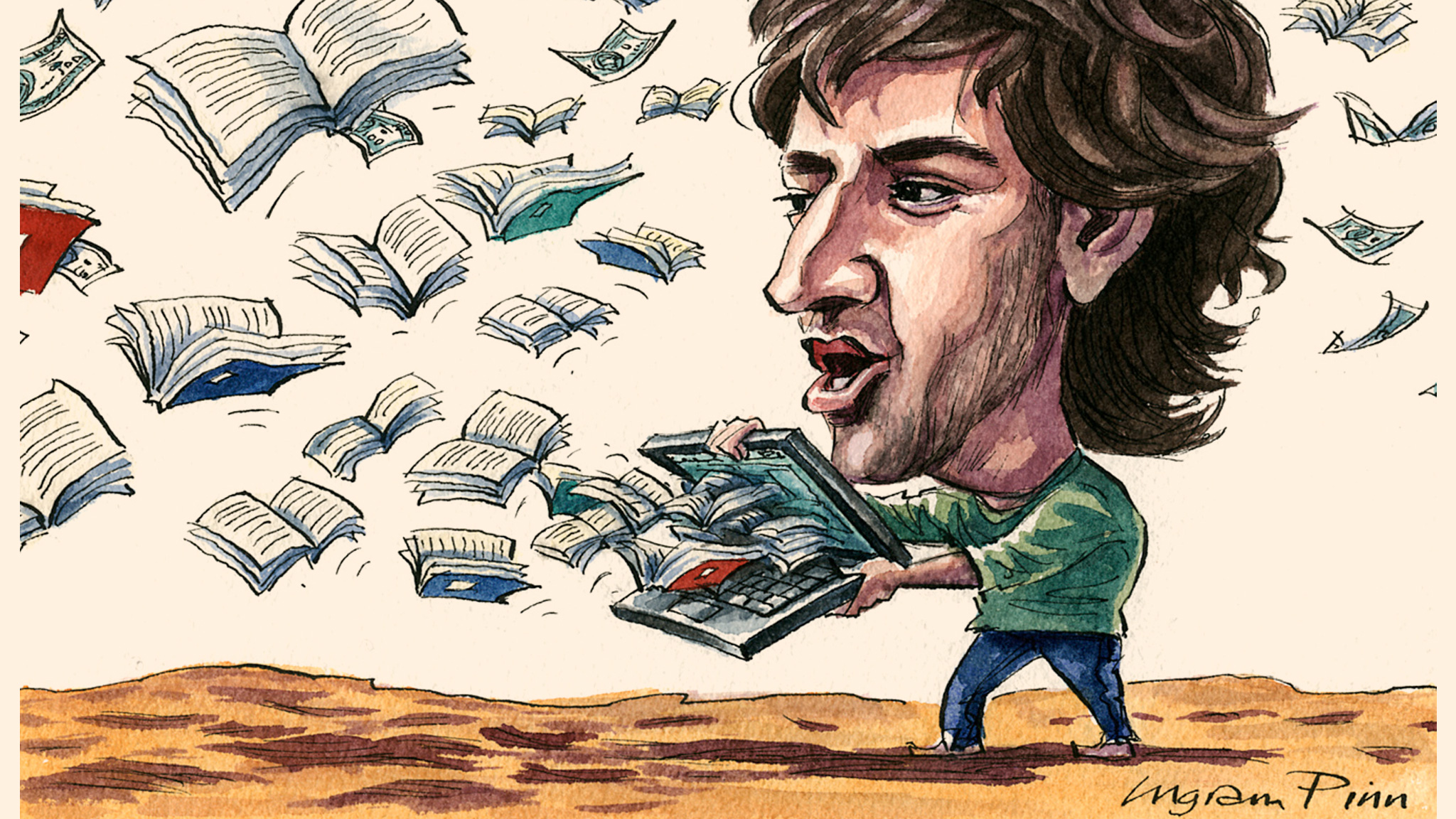
 CeRIS
CeRIS
Upcoming events run by the Scientific Information Resources Center: CeRIS on tour on October 18 and documentary screening on October 23
- CeRIS on tour on October 18
 For the past three years, the Scientific Information Resources Center (CeRIS) library has been holding informal campus presentation sessions as a way for the team to explain about its services, answer questions, get to know you better and find out your thoughts and ideas! The team also brings along a selection of books and films available to borrow.
For the past three years, the Scientific Information Resources Center (CeRIS) library has been holding informal campus presentation sessions as a way for the team to explain about its services, answer questions, get to know you better and find out your thoughts and ideas! The team also brings along a selection of books and films available to borrow.
The next port of call will be the Elie Metchnikoff building on Thursday October 18, 2018, from 12.30 to 2.30pm. The CeRIS team will be waiting to meet you on the ground floor.
Come along and find out about:
how to access articles and resources
bibliography management tools
open access publication
using bibliometrics to evaluate impact
how to use the Institut Pasteur photo library
The CeRIS team is on hand to help with services in the above areas and more.
To find out when the CeRIS is visiting your building and for further information, you can either:
► Contact marie.martin@pasteur.fr - ext.8068
Screening of the documentary film The Internet's Own Boy: The Story of Aaron Swartz to mark International Open Access Week
The Scientific Information Resources Center (CeRIS) is pleased to invite you to the screening of the 2014 documentary The Internet's Own Boy: The Story of Aaron Swartz, directed by Brian Knappenberger.
• Screening on Tuesday October 23 at 6pm
• Jules Bordet room on the ground floor of the Metchnikoff building (building 67)
• Length: 1 hour 45 – original version in English
To mark International Open Access Week, the CeRIS is screening this documentary which looks at the story and work of Aaron Swartz (1986-2013). This talented computer programmer, writer and information activist was a staunch advocate of digital freedom. He was "interested in improving the world (mostly through law, politics, and technology)."

The boy from Chicago was just 13 when he won a competition giving him the chance to visit MIT. He excelled at a young age as a computer programmer. At 14 years old, he played a decisive role in creating the RSS web feed format. Around the same time, he met and began working with Lawrence Lessig, a law professor who was exploring a new way of defining copyright on the internet that would give authors the right to decide how their work was used. Aaron Swartz was 15 when he created the technical specifications for Creative Commons licenses.
It was his revolutionary work on social justice and political organization, as well as his uncompromising approach to the principle of information for everyone, that saw him mired in a two-year legal battle.
He committed suicide in January 2013 at the age of 26, two months before the trial where he stood to receive a 35-year prison sentence and a million-dollar fine. MIT had launched proceedings against him for copying 4.8 million articles on JSTOR (Journal Storage – a non-profit service for academic and scientific publications) to make them accessible to the public.
This documentary is of interest to us all because it looks at the crucial issues surrounding digital freedoms. It makes us think about how we each play a role in shaping the world by determining how knowledge is accessed and shared.
All welcome, no registration required.
To find out more, please contact:
► contact : marie.martin@pasteur.fr, poste 80.68
► consult Webcampus